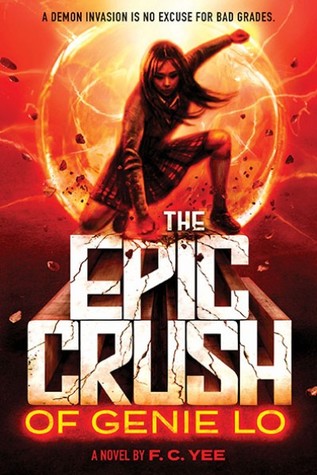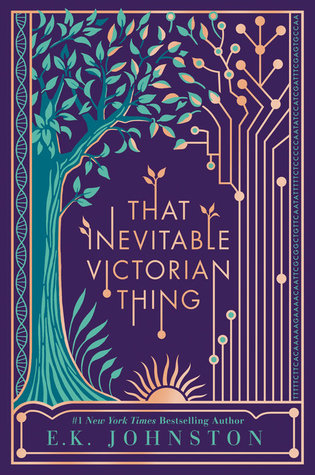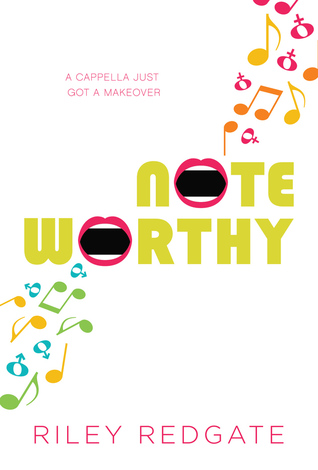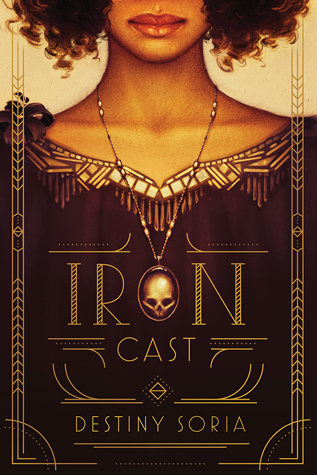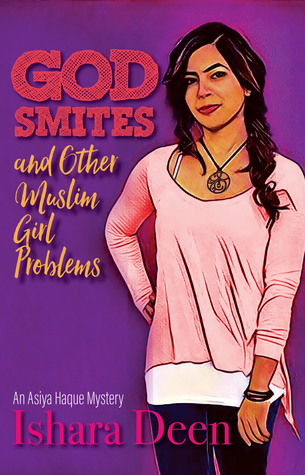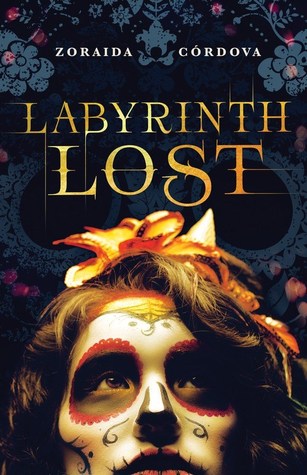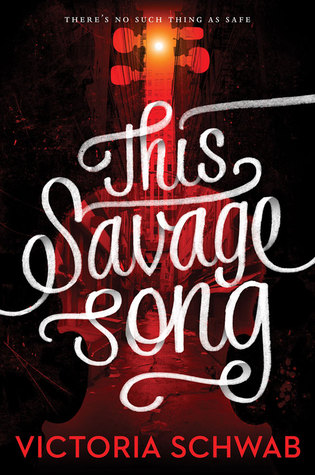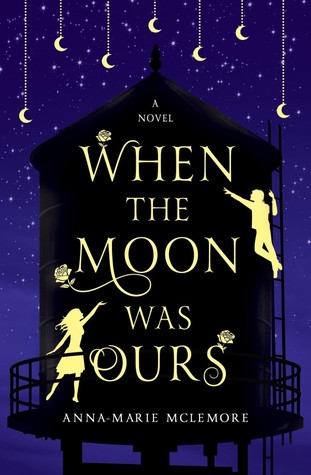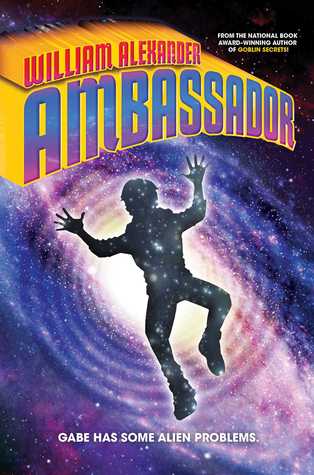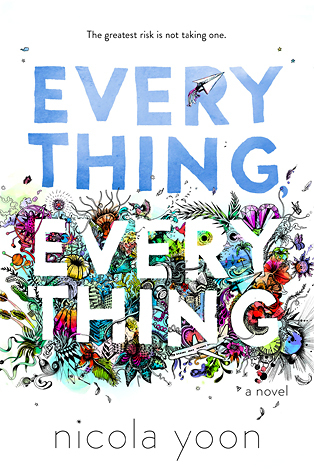These are two very different graphic novels: a middle-grade story about a Black kid trying to fit in at a new, mostly white, school, and a memoir about a Korean university student joining protests against a repressive government. But they both deliver a similar hopeful message about friends standing together standing up for something.
New Kid, by Jerry Craft, is funny and charming and affirming—and ever-so-gently and incisively excoriates the ignorance and bias of the white-privileged world that Jordan has to adapt himself to. When his well-meaning parents (and I love Jordan's parents!) send him to a posh private school, Jordan has to leave behind his neighbourhood where everyone looks sort of like him, talks like him, dresses like him, has around the same amount of money as his family; and figure out how to navigate a society of very wealthy, very white kids (and teachers). He doesn't encounter violent, ugly racism and bullying; rather, this book illustratively defines "microagression" (without ever using the term): the thousand tiny cuts every day that tell him he is different in a bad way. Less. Abnormal. And it's up to Jordan to adapt himself to fit in. Because that's what it means to be brown in North America.I loved that every character was well-rounded and had real personality—there are no cardboard cut-out bad guys. There are no "bad guys": even the teacher who cannot get the names of her black students right for the whole year isn't malicious, just blindly, stupidly negligent, so wrapped up in her own version of reality that she can't recognize what she's doing. And that's what this book is all about: recognition.
As an inhabitant myself of a white bubble of privilege, I loved how this book slid the knife in so painlessly: do you see yourself there? Is that a bias you didn't know you had? Is that a phrase/action/attitude you've indulged in?
But of course, the more important recognition is every kid who has ever had Jordan's experience seeing themselves represented. Jordan's journey is so real, his frustrations so palpable, his little successes so convincing—and the story is full of optimism and empowerment. Most people have good will. Making overtures of friendship mostly results in friends. It's possible to bridge gaps of understanding with a bit of patience and humour.
New Kid was a delight to read; the art was appealing (I can't really speak to the art, but I liked it!); the characters linger in my mind. There is a sequel, Class Act, that I will get my hands on ASAP, because I really care about Jordan and his friends (and I want to find out if he eventually makes it to art school!). And I just now found out that New Kid won the Newberry last year! Guess that's why I'd heard of it!
I wasn't planning on spending so much time on New Kid, but I still want to talk about Banned Book Club, by Kim Hyun Sook, Ko Hyung-Ju and Ryan Estrada. Different as it is, it's also an important book that opened my eyes and should be read by everyone. It's definitely an adult book, or older YA: quite a bit of violence, including torture.I had no idea that as recently as the 1980's South Korea was ruled by a military dictatorship (shows how lacking my "world history" study is!). Banned Book Club is set in 1983, and chronicles the author's first year at university, when she is awakened to the true nature of her government and gets pulled into student protests. As a naive, relatively sheltered young woman, Hyun Sook makes the ideal protagonist to bring the reader with her as she discovers what the students are doing and what happens to them when they get caught. The cute guy who invites her to "book club," an opportunity to talk about banned books and the political ideas they represent, is regularly arrested and tortured—and he takes it all in stride with a sort of "taking one for the team" attitude. The "cocktails" the girls are asked to prepare for an event turn out to be Molotov cocktails. Hyun Sook is appalled at first, and afraid, and then she gets angry. She participates in the protests for the cute guy's sake at first, but then because she agrees they need to protest. There's a quite frightening government agent that she eventually stands up to, in a believable and funny-while-also-scary way.
It's a very readable story with a lot of humour to offset the terrible things happening. And it highlights the fact that these are ordinary people trying to live ordinary lives: they aren't "radicals" obsessed with a political agenda; they just want a few basic freedoms and human rights, and sometimes you need to fight for that. There is a happy ending of sorts: the epilogue shows all the characters thirty-three years later, after a democratically elected government has been in power for a while. But the fight continues, because freedom isn't something anyone, or any country can take for granted. (Interesting that in 2017 South Korea's president was impeached for corruption—and she was the daughter of the first military dictator.)(This book sent me on a bit of a history research tour, and what I learned illuminated many things that had puzzled me in Korean dramas! But that's a whole nother post!)
These books remind me why I like graphic novels so much. I think I will make a point of reading more of them this year.





